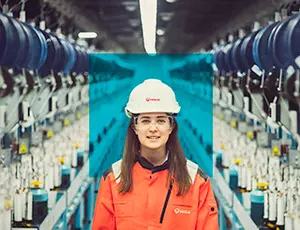Multiple sources of water pollution
Water is used in many ways by humans: for consumption, for hygiene and health in domestic life, for agricultural irrigation, as a means of sea and river transportation, and of course in industry, where it is used for cooling infrastructure and as the basis for countless products.
Logically, water pollution also comes in many forms. It can be microbiological (parasites, bacteria, viruses, etc.), chemical (pesticides, hydrocarbons, metals - lead, mercury, etc.) or thermal, affecting salt, fresh, and brackish surface or groundwater, (lakes, rivers, aquifers, oceans, etc.) and it is almost always invisible.
Veolia commits to saving 1.5 billion m3 of fresh water by 2027.
However, this pollution is not without consequences for the environment, human health, and the economy. Some examples include:
- Impacts on the environment: eutrophication (excess of phosphates and nitrates) of aquatic environments, loss of biodiversity, etc.
- Effects on human health: waterborne diseases (cholera, dysentery)
- Contamination of irrigated soil
- Problems of access to drinking water: scarcity of the resource
These consequences underline the crucial importance of preserving water quality and implementing effective measures to prevent and treat water pollution at a global scale.
With our long-standing expertise in water and water management, we detect, examine and then treat all these types of pollution in order to conserve this precious resource and ensure that as many people as possible have fair access to drinking water.
In 2020, according to UNICEF1, approximately 1 in 4 people still lacked access to safe drinking water in their homes and nearly 50% of the world's population lacked safe sanitation services.
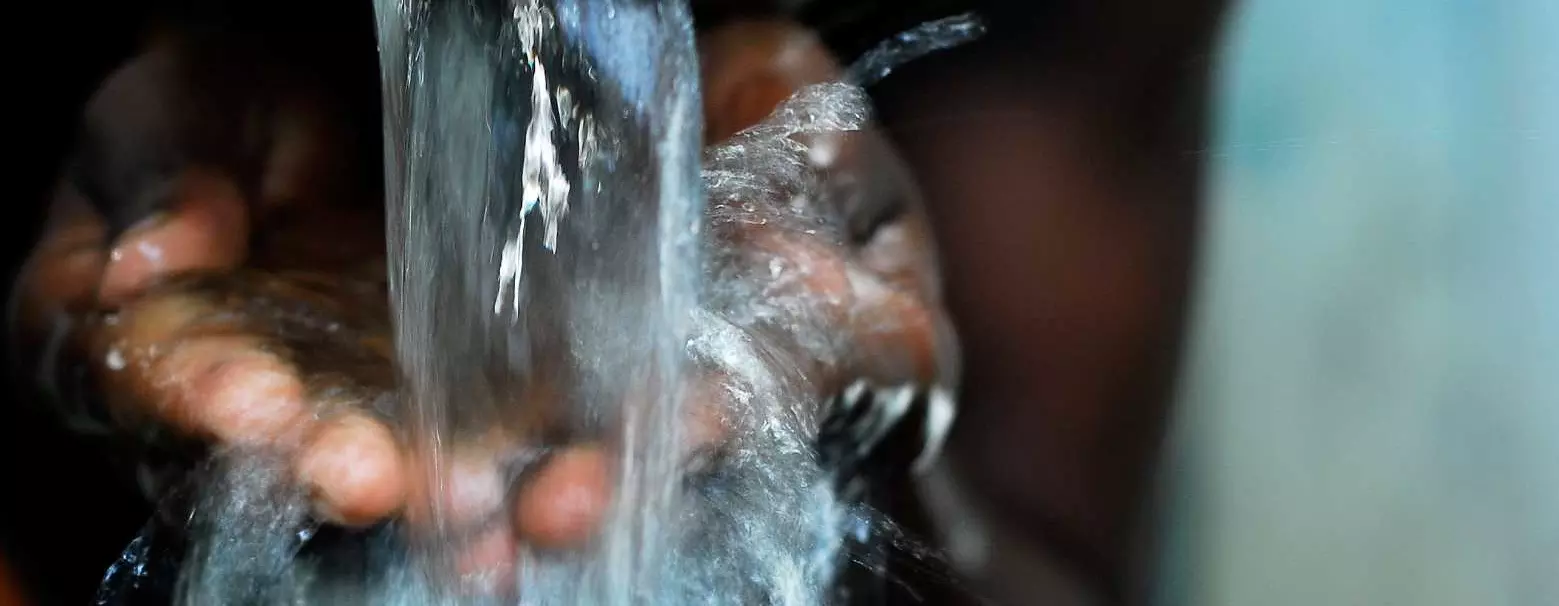
Micropolluants of increasing concern
While the most urgent need in developing countries is to treat massive pollution linked to discharges from human activities and industrial sites, another type of pollution has been of increasing concern in developed countries for several years: micropollutants.
In concrete terms, these are residues of pesticides, herbicides, hydrocarbons, medicines, cosmetics and detergents.
Although their presence does not usually exceed one microgram or even one nanogram per liter, these substances are nevertheless endocrine disruptors. Alone or in combination (this is known as the "cocktail effect"), they are likely to have consequences for human health and the balance of natural environments.
While conventional wastewater treatment plant technologies are unable to isolate and treat these pollutants satisfactorily, we propose innovative and effective solutions.
While 95% of drug residues used in homecare end up in municipal wastewater, we have proven through our MERMISS pilot project in Denmark that 90% of them can be eliminated through treatment.
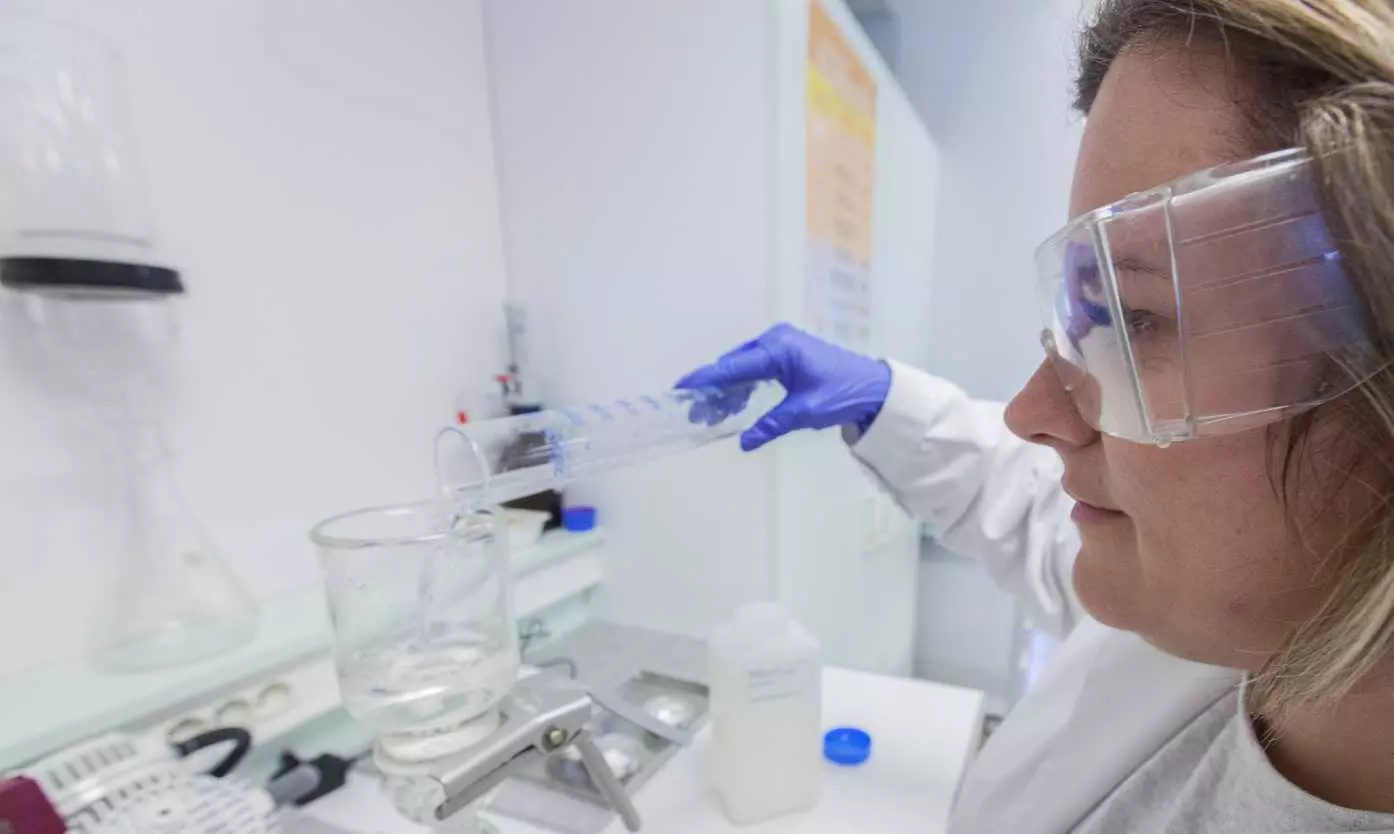
Our approach to fighting water pollution
For water treatment and sanitation, we provide both targeted and global solutions, depending on our clients' needs. In this way, we apply cutting-edge expertise to all aspects of water management, from detection to treatment.
Micropollutant and toxic residue treatment
We provide innovative technological solutions to effectively treat micropollutants. Although there are no standards in this area, we are already anticipating and tackling these toxic residues in order to protect human health and the natural environment.
Treatment of industrial effluent
We work alongside industrial groups to help them treat and recover their effluents and minimize their waste and impacts on health and the environment. Faced with increasingly strict regulations and growing ecological awareness, it is now essential for all industries to effectively treat the wastewater they discharge. We work with them to take into account the specific nature of their activity and the pollutants it generates, choose the appropriate technologies and, if necessary, recover all possible materials.
Our solutions to fight water pollution
- Treatment of micropollutants in wastewater
- Treatment and recovery of industrial effluents
- Improved water quality
- Reduced health risks
- Protection of biodiversity
- Reduced environmental footprint
- Regulatory compliance
- Recovery of materials
The Veolia difference

We did it!
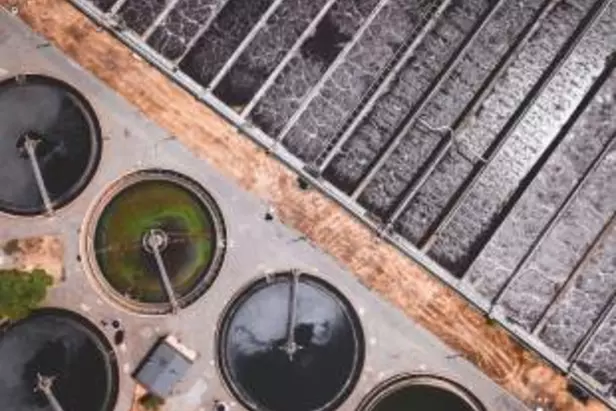
France
In the Cap Sicié wastewater treatment plant, Amphitria, we are carrying out tests to identify the presence of micropollutants, implement appropriate solutions and support the University of Toulon in its fight against emerging pollutants in the Mediterranean.
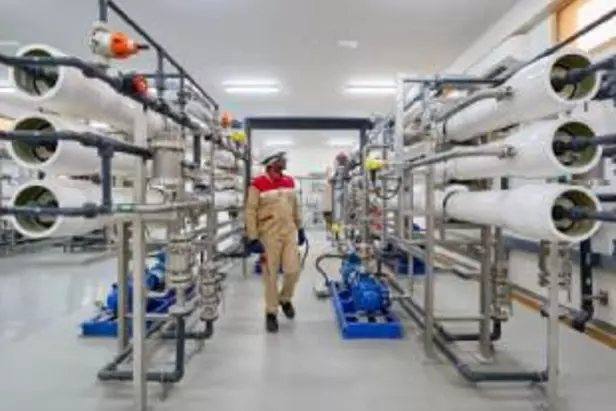
China
In 2016, we signed a 25-year contract with Sinopec, the largest refiner in China and Asia. The contract covers the management of the entire water cycle (cooling water, demineralized water, industrial water, drinking water, chilled water, wastewater and fire loop) at the Yanshan site near Beijing. Processing more than 10 million metric tons of crude oil per year and more than 800,000 metric tons of ethylene, the site requires a large quantity of water. We are assisting it in optimizing its consumption and in recycling wastewater.



